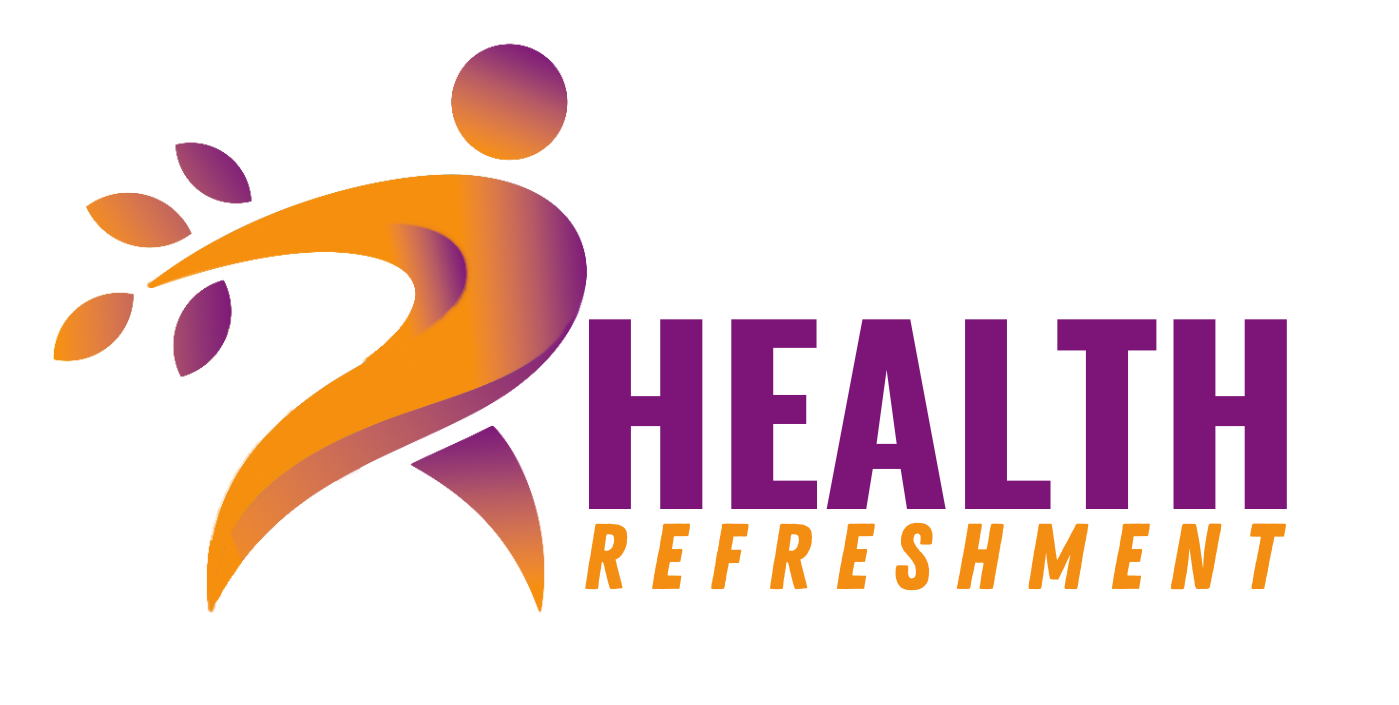Boost Your Mental Health with Mindfulness and Meditation Practices | Tips 2024
In today’s fast-paced world, mental health has become a substantial problem for many. Effective ways to manage stress, anxiety, and emotional well-being are essential for a balanced life. Mindfulness and meditation have emerged as powerful tools to enhance mental health, providing a range of benefits that extend beyond just relaxation. In this comprehensive guide, we’ll explore various mindfulness and meditation practices, including mindfulness meditation, guided meditation, and specific meditation techniques designed to boost mental health in 2024. We will highlight essential tips and strategies to help you integrate these practices into your daily routine.
Understanding Mindfulness and Meditation
Mindfulness is being current to the point and fully aware of your thoughts, emotions, and surroundings without decision. It encourages active, open attention to the present, allowing individuals to focus on the “here and now.” Meditation, on the other hand, is a broader practice that involves various techniques to achieve a mentally clear, emotionally calm, and stable state.
Combining mindfulness with meditation can lead to a more profound sense of inner peace, reduce stress, and improve overall mental health. Let’s dive into the various types of mindfulness meditation and how they can benefit you.
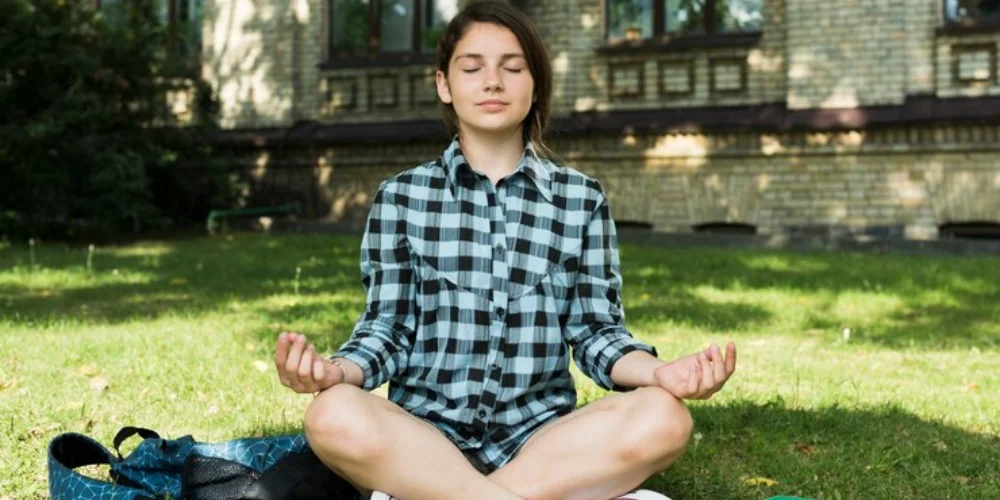
Mindfulness Meditation
The Foundation of Mental Clarity
Mindfulness meditation is a simple yet powerful form that focuses on your breath and brings your mind’s attention to the present moment. This method can help reduce stress, improve attention, and improve dynamic rules. Here’s how to get started:
- Find a Quiet Space: Choose a quiet, comfortable spot where you won’t be disturbed.
- Focus on Your Breathing: Pay attention to your drag as it floats in and out. Notice the sensation of your breath filling your lungs and gently exhaling.
- Acknowledge Your Thoughts: If your mind wanders, gently bring it back to your breath without judgment. The goal is not to clear your mind but to be aware of your thoughts and let them pass.
By practicing mindfulness meditation regularly, you can develop a greater sense of self-awareness and emotional resilience.
Guided Meditation
For those new to meditation or looking for a structured approach, guided meditation is an excellent option. This practice involves following a narrator or guide through a meditation session, often with specific meditation techniques tailored to different needs, such as meditation for stress relief or better sleep.
- Benefits of Guided Meditation: It provides direction and focus, especially for beginners, helping them stay engaged throughout the session.
- Where to Find Guided Meditation: Numerous resources, including meditation apps and online classes, offer guided meditation sessions tailored to various goals.
The Benefits of Mindfulness for Mental Health
The benefits of mindfulness are vast, impacting not just mental health but also physical well-being. Here are some key benefits:
- Reduces Stress and Anxiety: Regular mindfulness exercises help calm the mind and reduce stress hormones like cortisol.
- Improves Focus and Concentration: Mindfulness practices like meditation for focus enhance attention span and cognitive function.
- Enhances Emotional Regulation: Mindfulness promotes emotional balance, helping individuals respond to situations more calmly and thoughtfully.

Integrating Mindfulness Exercises into Your Routine
Incorporating mindfulness exercises into your daily routine doesn’t have to be time-consuming. Easy breathing exercises or mindful eating practices can be accomplished anytime, anywhere. Here’s how to start:
- Mindful Breathing Exercises: Focus on your breath for a few minutes daily. You can accomplish this at your desk, in your car, or on your feet.
- Mindful Eating Practices: Pay attention to your food’s taste, texture, and aroma. Bypass distractions like TV or smartphones during feeds.
Mindfulness for Beginners
Starting Your Journey
If you’re new to mindfulness, starting slowly and building up gradually is essential. Here are some mindfulness advice for beginners:
- Start with Short Sessions: Begin with just 5-10 minutes of mindfulness meditation daily, gradually increasing the duration as you become more comfortable.
- Use Mindfulness Apps: Many mindfulness apps offer beginner-friendly programs that guide you through the basics of mindfulness and meditation.
Overcoming Mindfulness and Anxiety
Mindfulness is particularly effective in managing anxiety. By concentrating on the current moment, people can break free from the cycle of fear and worry that often escorts anxiety. Practices like guided mindfulness practices and meditation for emotional balance can be beneficial in overcoming anxiety.

Exploring Mindfulness Retreats and Classes
For a more profound experience, consider attending a mindfulness retreat or joining a meditation class online. These options provide an immersive environment to practice mindfulness and meditation under the guidance of experienced instructors.
Mindfulness for Mental Health
A Powerful Tool
Mindfulness is a vital tool for enhancing mental health. Regular practice can help alleviate symptoms of depression, improve mood, and enhance overall well-being. Incorporating mindfulness in everyday life—such as being present during conversations or mindful commuting—can significantly impact mental health.
The Role of Meditation in Self-Care
Incorporating meditation and self-care practices into your routine can provide a balanced approach to mental well-being. Whether through meditation music, mindfulness in the workplace, or setting aside time for daily meditation practice, self-care is vital for maintaining cognitive health.
Practical Mindfulness Tips for Daily Life
- Set a Daily Intention: Start each day with a mindfulness intention, such as being kind to yourself or practicing gratitude.
- Create a Meditation Space: Dedicate a quiet corner in your home for meditation to make it a daily habit.
- Use a Mindfulness Journal: A mindfulness journal can help track your progress, reflect on your experiences, and stay motivated.
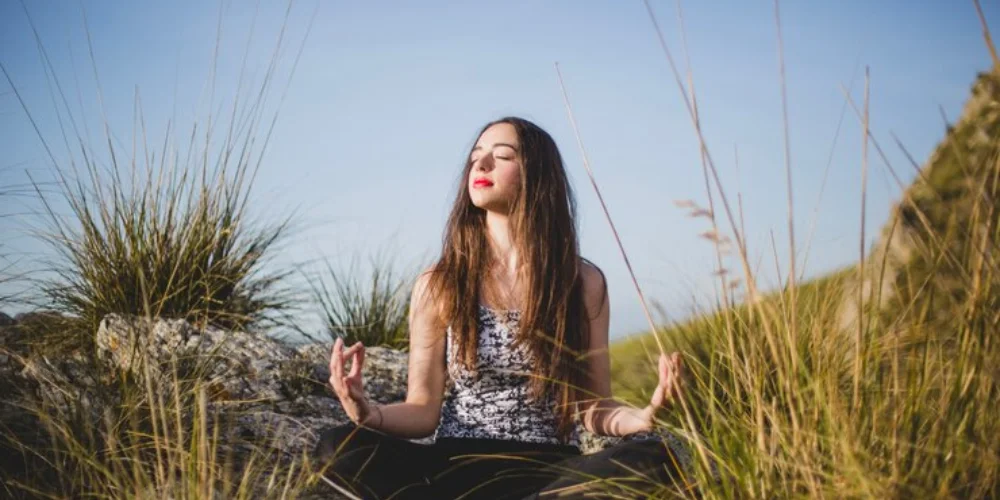
Conclusion
Mindfulness and meditation are essential tools for boosting mental health, especially in 2024 when stress levels are higher than ever. Incorporating mindfulness meditation, guided meditation, and other mindfulness exercises into your daily routine can enhance mental clarity, reduce stress, and improve overall well-being. Whether you are a beginner or a seasoned practitioner, the tips and techniques discussed in this guide provide a comprehensive approach to integrating mindfulness into your life.
Start your mindfulness journey today and discover the transformative power of meditation for a healthier, happier mind!
Recent Post
-
 Top 20 Tips to Improve Your Sleep When Times Are Tough
Top 20 Tips to Improve Your Sleep When Times Are Tough -
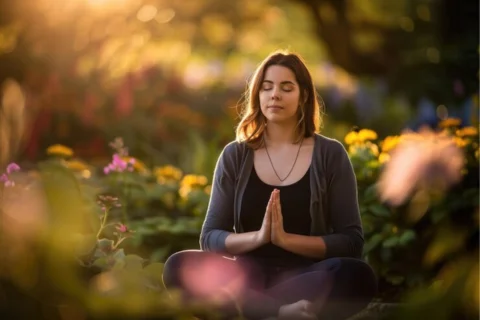 Boost Your Mental Health with Mindfulness and Meditation Practices | Tips 2024
Boost Your Mental Health with Mindfulness and Meditation Practices | Tips 2024 -
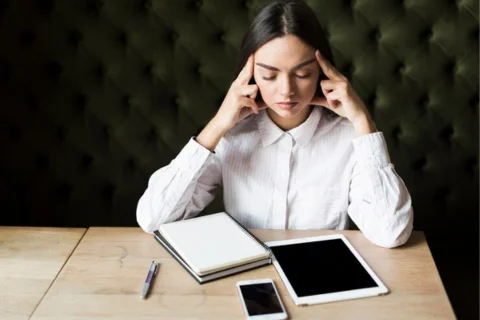 Stress Management Tips and Tricks | 100% Best Solutions of Stress
Stress Management Tips and Tricks | 100% Best Solutions of Stress -
 Depression and Anxiety | 10 Best Treatments for Depression & Anxiety
Depression and Anxiety | 10 Best Treatments for Depression & Anxiety -
 Weight Lose Fast: Scientific and Sustainable Lose Weight Top 15 Tips
Weight Lose Fast: Scientific and Sustainable Lose Weight Top 15 Tips -
 Transform Your Health with Expert Nutrition & Diet Tips
Transform Your Health with Expert Nutrition & Diet Tips -
 #1 Natural and Medical Treatments for Sleep Disorders: A Complete Guide
#1 Natural and Medical Treatments for Sleep Disorders: A Complete Guide -
 #1 Enhance Your Energy with These Exercise and Fitness Tips
#1 Enhance Your Energy with These Exercise and Fitness Tips -
 Choosing Why Sleep Is Important for Cognitive Health
Choosing Why Sleep Is Important for Cognitive Health -
 Tips for Improving Mental Health and Well-being
Tips for Improving Mental Health and Well-being -
 How to Improve Your Physical Health for Overall Wellbeing
How to Improve Your Physical Health for Overall Wellbeing
